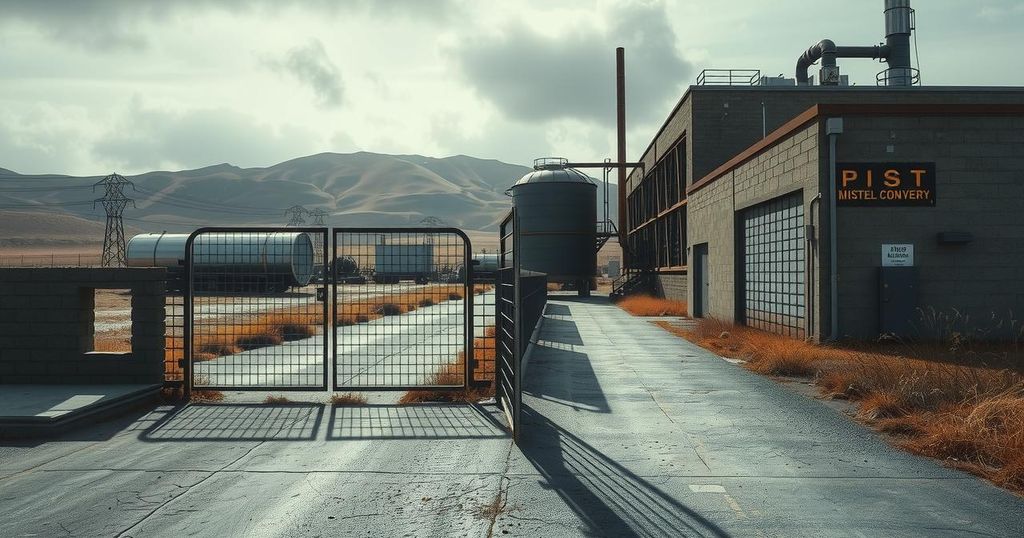Economic Crisis in Eastern Congo: Impact of Conflict on Businesses and Society

The conflict in eastern Congo has shut down the Heineken-owned Bralima brewery, causing severe economic distress. Businesses are faltering due to rising prices and limited access to resources. Heineken’s operations remain suspended, impacting employment for thousands and threatening public utilities like water purification.
The ongoing conflict in eastern Congo has led to significant economic turmoil, notably resulting in the shutdown of the Heineken-owned Bralima brewery. Adolphe Amani, a bar owner in Bukavu, laments that with dwindling beer supplies, he may soon have to close his establishment. “We cannot hold out any longer,” he states, emphasizing his inability to manage essential expenses such as rent and utilities.
The Tutsi-led M23 rebels, reportedly backed by Rwanda, have launched a successful offensive, capturing key cities including Goma and Bukavu. This escalation in violence has prompted international condemnation and sanctions against Rwanda, which denies any involvement with the rebels. Residents in M23-controlled areas are feeling the pinch of rising food and essential goods prices, along with limited access to their banks and farms.
The repercussions of this conflict extend to both small businesses and major corporations. Heineken has reported multiple instances of looting at its operations, impacting their brewing capacity. A representative noted a significant hit as security concerns prevent operations from resuming. “It will take some time to assess the damage,” they stated, underscoring the urgency for a resolution to the violence.
Heineken’s presence in Congo is substantial; the country constitutes a vital market with four breweries that employ approximately 1,000 people. Goma, Bukavu, and Uvira collectively represent around one-third of Heineken’s Congolese business. While operations remain halted, it affects not just employees but the local economy.
The conflict’s effects are far-reaching. Bralima’s closure threatens the financial viability of the state water utility, REGIDESO, which relies on Bralima for a significant portion of its income. Without the necessary resources for water purification, further water supply issues may arise, potentially leading to severe public health crises.
For resurgence in his business, Amani considers importing beer from Rwanda or Burundi, although he expresses a strong preference to await Bralima’s reopening, stating, “I cannot consume products that come from Rwanda. They are our enemy.” This sentiment reflects the underlying nationalistic and economic complexities entwined in the region’s conflict.
The conflict in eastern Congo has instituted a catastrophic economic decline, especially with the closure of the Bralima brewery. This has led to job losses, disrupted access to essential goods, and a severe economic paralysis. Major corporations like Heineken are significantly impacted, and local businesses like Adolphe Amani’s bar are on the verge of collapse. The long-term economic implications are dire, particularly regarding water supply and public health.
Original Source: www.usnews.com








